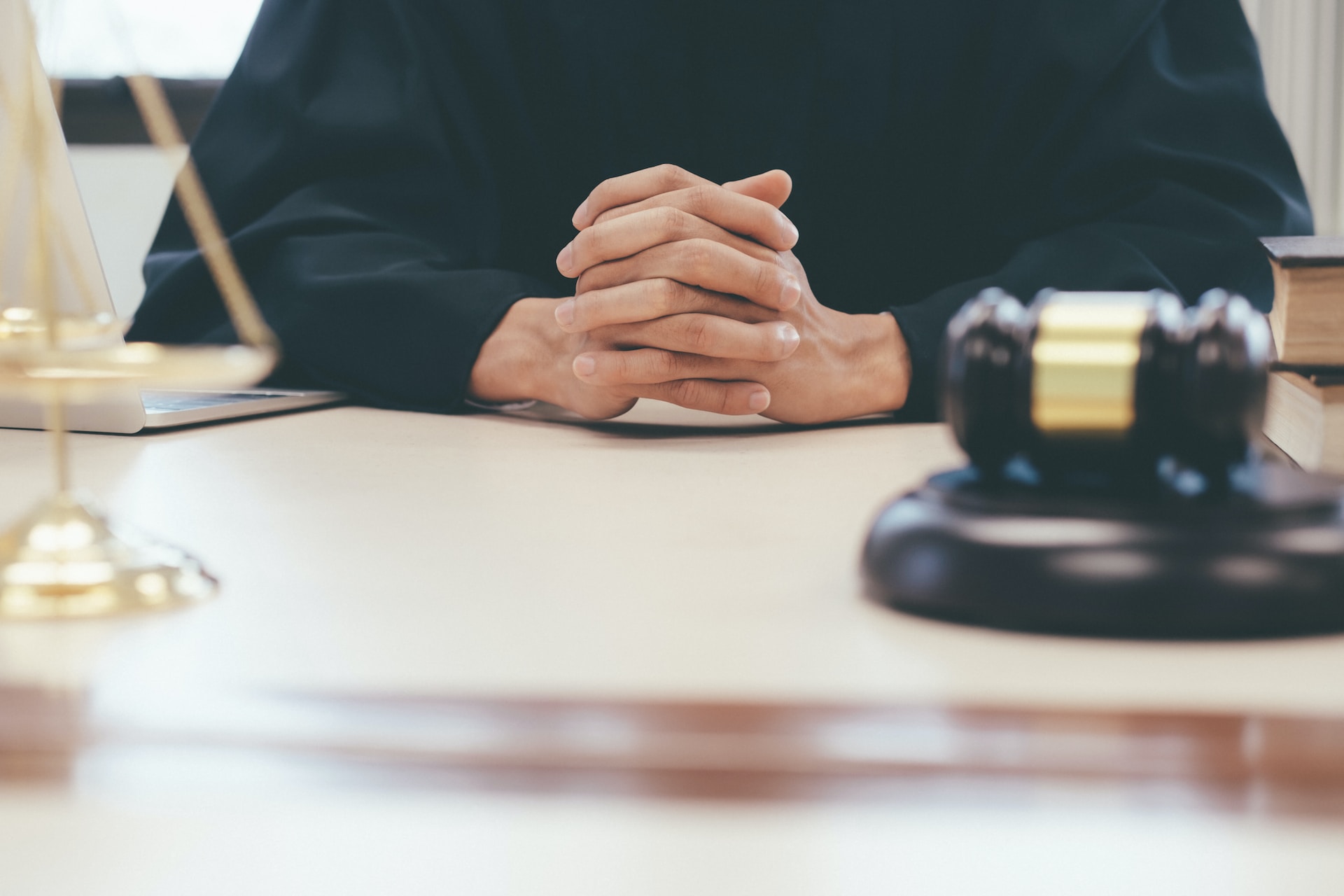Life can sometimes throw unexpected curveballs at us, and accidents are no exception. Dealing with a personal injury can be overwhelming, especially when it involves navigating the complex legal landscape.
This is where a Personal Injury Attorney comes in. Their expertise can provide invaluable assistance in times of stress and uncertainty. But when should you consider hiring one? This article will explore five key situations that necessitate the engagement of a personal injury attorney.
1. Dealing with a Severe Injury
1.1. The Nature of the Injury
Personal injury cases typically emerge when an individual suffers physical harm from an incident where they were not at fault. Frequent examples include motor vehicle accidents, dog bites, pedestrian mishaps, construction accidents, and medical malpractice, among others.
1.2. Understanding the Elements of a Personal Injury Claim
To bring forth a successful personal injury claim, certain conditions need to be met:
- The individual’s damages (physical, emotional, financial) must result from the negligent actions of another party.
- The party at fault owed a duty of care to the victim.
- The negligent party failed to uphold this duty of care.
Not every injury warrants a personal injury claim. If the victim shares any blame for the incident, the claim might not hold.
1.3. Quantifying the Damages
It’s essential to have a clear estimate of the damages sustained. These might include medical bills, lost wages, the cost of repairing damaged property, and incidental expenses such as cab fares or hotel stays.
Compensation for emotional damages is a tad more complex. Traumatic experiences such as witnessing a loved one’s death or suffering from Post-Traumatic Stress Disorder (PTSD) from a car accident may warrant a claim. However, less severe emotional distress might be challenging to pursue.
2. When Liability Is Not Clear-Cut
2.1. The Complexity of Proving Liability
Establishing liability is a crucial aspect of legitimizing a personal injury claim. In some instances, liability might be evident, such as if the party at fault was under the influence of drugs or alcohol. However, other scenarios might not be as straightforward.
2.2. The Role of a Personal Injury Attorney
In cases where proving liability is complex, a personal injury attorney can play a pivotal role. They can guide you in collecting the necessary evidence to establish the fault of the other party. This could involve gathering police reports, witness accounts, and security footage, among other things.
2.3. The Importance of Timeliness
It’s crucial not to delay the process of gathering evidence and building a case following the accident, as this could jeopardize your claim.
3. When Facing a Potential Permanent Disability
3.1. The Impact of Severe Injuries
Severe injuries leading to conditions such as chronic pain, paralysis, or brain damage often require long-term medical treatment. These conditions typically result in high medical bills over an extended period.
3.2. The Role of Insurance
Insurance policies may only cover a portion of these costs, leaving the victim to bear the rest. If you’ve suffered a serious injury that wasn’t your fault and are facing a potential permanent disability, you should never have to cover these expenses out of pocket.
3.3. How a Personal Injury Attorney Can Help
A personal injury attorney can help you understand your entitlements. They can also negotiate with insurance companies to ensure you receive the maximum compensation for your damages.
4. When Insurance Isn’t Covering Your Damages Adequately
Insurance is a significant factor in personal injury cases and can often impede the settlement process. If your insurer, or the insurer of the liable party, offers a settlement that doesn’t cover your recovery costs, it’s time to consult a professional. Personal injury attorneys specialize in negotiating with insurance companies to secure better compensation.
5. When You’re Not Being Compensated for Lost Wages
Inability to work is one of the most significant collateral damages in personal injury cases. Whether you’re injured on the job or due to the negligence of another party, you may have a claim for lost wages. If you’re unable to reach a settlement, the issue may have to be taken to trial. Not being compensated for lost wages is a clear sign that you need to consult with a personal injury attorney.
Wrapping Up
Personal injury law is a broad and complex field. The five situations outlined above are merely the tip of the iceberg, but they provide a solid starting point for understanding when to hire a personal injury attorney. Remember, you’re not alone in this journey.

